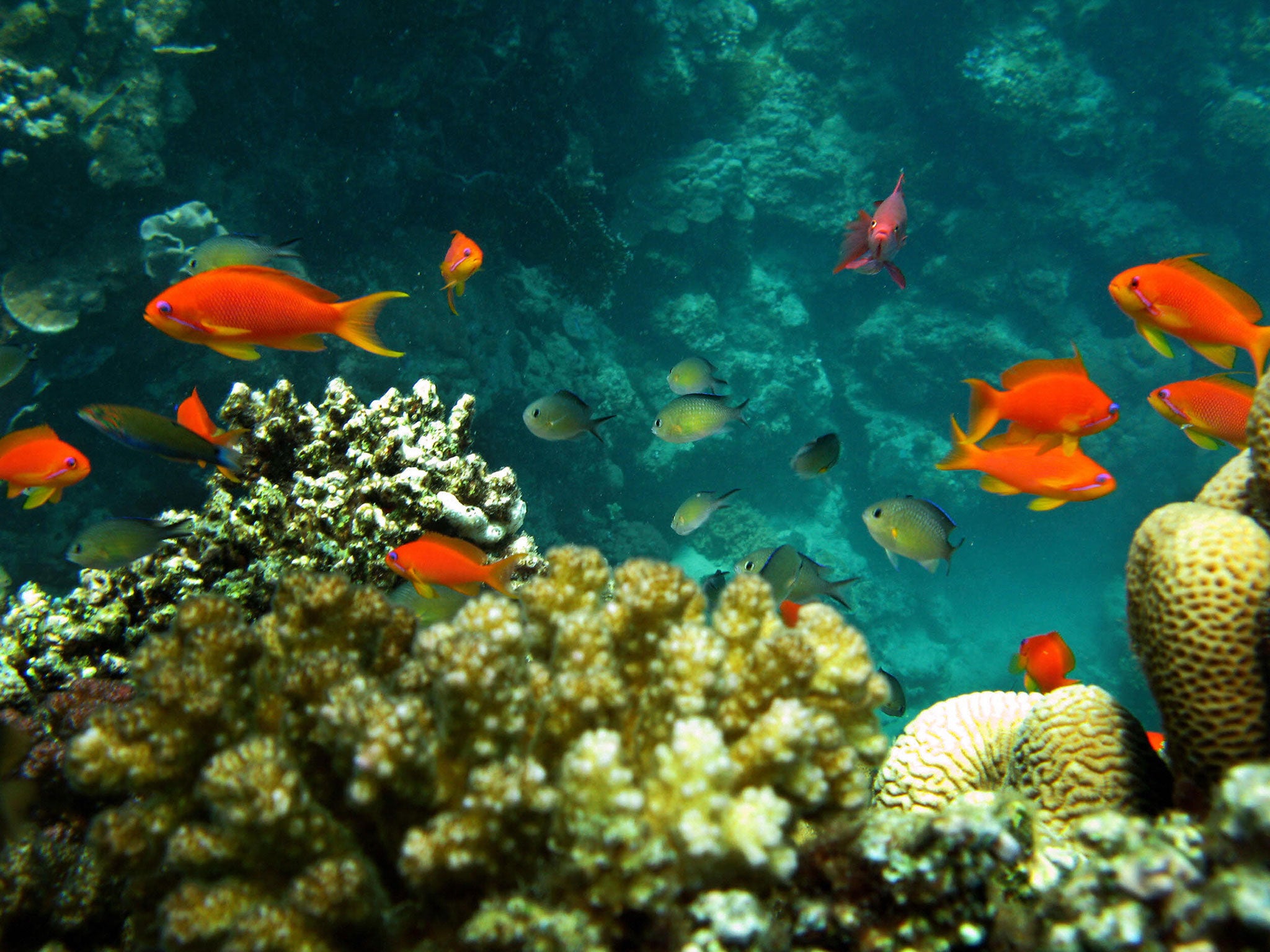Fears that a seabed mining 'marine industrial revolution' could wipe out habitats worldwide
Some industry estimates claim as much as a third of future mineral production could come from beneath the oceans

The world’s oceans are poised for a seabed mining frenzy amid a “marine industrial revolution” that threatens to destroy habitats and wipe out species, an expert has warned.
Some industry estimates claim as much as a third of future mineral production could come from beneath the oceans.
More than 25 exploration permits have been granted, covering 1.2 million square kilometres of seabed, an area five times the size of the UK, much of it in the Pacific Ocean.
They cover a range of minerals, from gold and silver to copper, nickel and rare earth metals used in mobile phones, laptops and solar panels.
Although the mining is yet to begin, numerous projects are preparing to launch in the next few years, raising concerns among scientists and campaigners that they could wreak havoc on wildlife.
Furthermore, the more general and rapid industrialisation of the oceans – through fish farms, offshore wind turbines and shipping – means sea life may not be able to escape the environmental devastation suffered by the land for much longer, warns Dr Douglas McCauley, of the University of California, Santa Barbara.
What is particularly concerning is that the oceans seem to be in a transition phase, moving from a position in which most of the damage comes from harvesting – such as depleting fish stocks – to one where the habitat is being degraded, which poses a deeper threat, said Dr McCauley. He likens the transition to one in which animals are hunted individually to one in which their homes are ravaged.
“It is impossible not to be concerned about seabed mining when this much of the ocean is at stake,” Dr McCauley told The Independent.
“Our starting assumption ought to be that excavating the floor of the ocean is not going to be great for species that called that seabed home,” said Dr McCauley, who has just completed a study into “human-caused animal loss in the oceans”.
Greenpeace International oceans campaigner Richard Page was even clearer about the dangers. “The last thing our polluted, over-fished, carbon-warmed, acidifying oceans need is a new industry destroying the seabed. What they do need, urgently, is a global network of marine reserves to act as sanctuaries,” he said.
Proposed methods vary, but much of it will involve scooping up mineral-rich polymetallic “nodules” – tennis ball-sized chunks of rock – and breaking them up on the surface to release the minerals. The waters off Papua New Guinea, New Zealand, Namibia, Mexico, Peru and Hawaii are thought to be mineral-rich.
David Cameron has said he wants Britain to be at the forefront of the seabed mining industry, which he claimed could be worth up to £40bn to the UK over the next 30 years. The Government has teamed up with US defence giant Lockheed Martin and secured a licence to explore an area twice the size of Wales in the Pacific Ocean.
Meanwhile, the world’s first deep-sea mining robot is being built by Newcastle engineering firm, Soil Machine Dynamics. It will be used by a Canadian firm, which could start extracting copper and gold off the coast of Papua New Guinea next year.
A spokesman for the Department for Business, Innovation and Skills said: “Our partnership… remains an exciting prospect that has real potential to be a new source of valuable metals – including rare earth elements – that are vital to many new innovations such as mobile phones and new carbon technologies. However, commercial exploitation remains some years away and can only proceed after proper survey and evaluation of environmental impacts.”
Join our commenting forum
Join thought-provoking conversations, follow other Independent readers and see their replies
0Comments